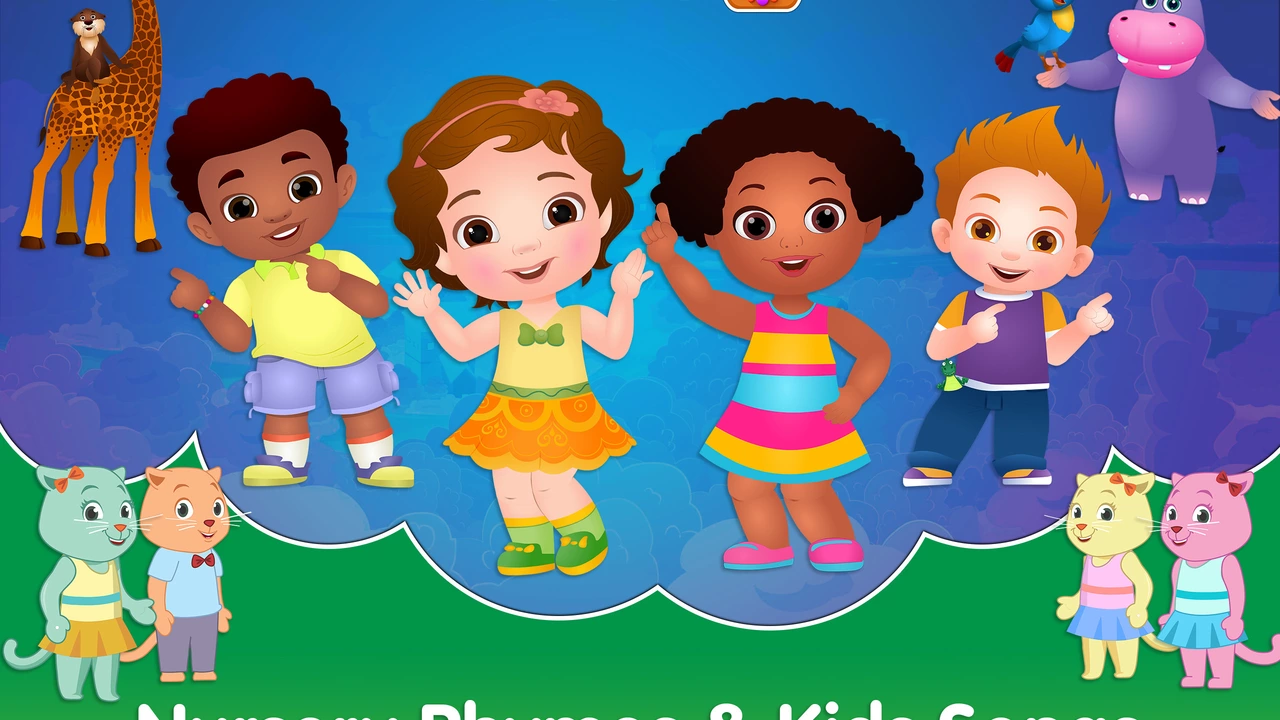What do you think of these songs for kids? Nursery Rhymes?

Unearthing the Charm of Nursery Rhymes
Let's take a walk down memory lane, shall we? Do you remember those sweet melodies that used to lull you to sleep, or the catchy rhymes that made you giggle with delight? Yes, I am talking about nursery rhymes! Like a soothing balm, these songs for kids have been etched into our hearts, creating a shared universal experience. They are not just fun to recite but also play a pivotal role in a child's cognitive development. As we explore these charming lullabies, you'll understand why nursery rhymes still hold a special place in our lives and why they are invaluable in the early years of a child's life.
Understanding the Educational Value of Nursery Rhymes
Nursery rhymes are more than just amusing songs for children. They are a powerful educational tool. When a child chants a nursery rhyme, they are improving their language skills, enhancing their memory, and fostering creative thinking. Through these simple songs, they learn new words, the rhythm of language, and the basics of storytelling. The repetitive nature of these rhymes aids memory development, while the engaging stories stimulate imagination.
Moreover, nursery rhymes often carry moral lessons, teaching children about friendship, compassion, and other essential values. And let's not forget the role they play in honing a child's musicality. The rhythm and melody of these songs can kindle an early love for music and serve as their first step toward musical literacy.
Taking a Peek at the Cultural Significance of Nursery Rhymes
Did you know that many nursery rhymes have been around for centuries? They are a part of our cultural heritage, passed down from generation to generation. Each nursery rhyme carries a slice of history, often reflecting societal norms, historical events, and traditional customs. They serve as a fascinating window to the past, making them an excellent resource for introducing children to history and culture.
Take, for instance, the nursery rhyme 'London Bridge is Falling Down'. It's believed to be referencing the repetitive damage and rebuilding of London Bridge, providing a glimpse into the architectural history of the city. Similarly, 'Ring Around the Rosie' is often associated with the Great Plague of London. Although the implied meanings can be grim, they offer an engaging way to discuss historical events with children.
Exploring the Therapeutic Role of Nursery Rhymes
Can you recall the sense of comfort you felt when your parents sang a nursery rhyme to soothe you? Indeed, nursery rhymes can be therapeutic. They provide a sense of security and comfort, helping children cope with fears and anxieties. The familiar tunes and rhythms can calm a restless child, while the playful lyrics can lift their spirits.
By singing these rhymes, parents can establish a deeper emotional connection with their children, making them feel loved and cared for. This mutual interaction can also improve a child's social and emotional development, laying the foundation for healthy relationships later in life.
Revisiting Some Beloved Nursery Rhymes
Now that we've delved into the value of nursery rhymes, let's revisit some beloved classics. Remember 'Twinkle, Twinkle, Little Star', the lullaby that introduced us to the wonders of the night sky? Or 'Humpty Dumpty', the tale of the unfortunate egg that taught us about consequences? And how can we forget 'Baa, Baa, Black Sheep', the delightful rhyme that subtly introduced the concept of trade?
These songs for kids, with their enchanting melodies and engaging narratives, have left an indelible mark on our childhood. They have been our companions during playtime, our lullabies at bedtime, and our teachers in life. It's no wonder that these nursery rhymes continue to be cherished by children and adults alike.